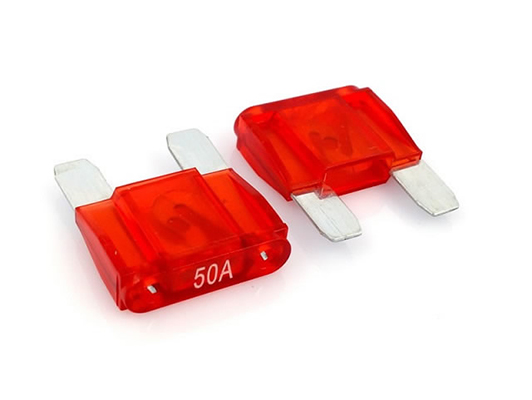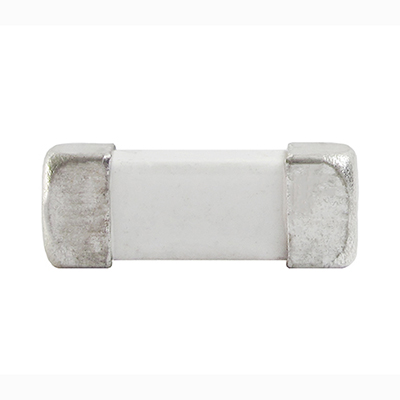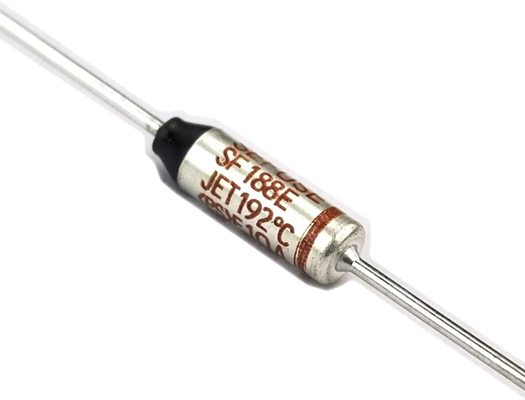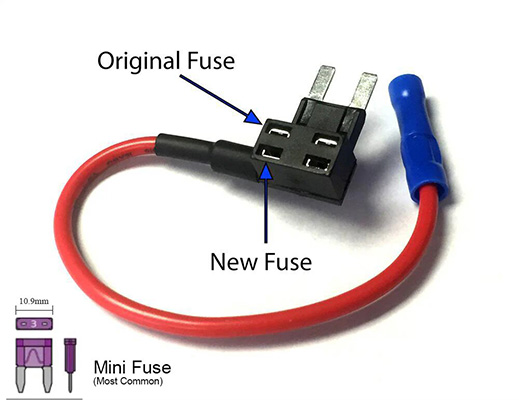The Vital Role of Fuses in Safeguarding Automotive Transmission Control Systems
News 2025-10-13
Fuses are essential safety components in modern vehicles, particularly for protecting sensitive electronic systems like the transmission control unit (TCU). The TCU manages gear shifting and ensures smooth operation of the vehicle’s transmission. A dedicated fuse for the TCU prevents damage from electrical overloads or short circuits, which could lead to costly repairs or safety hazards. By interrupting the circuit when excessive current flows, these fuses maintain the integrity of the TCU and other connected components, enhancing overall vehicle reliability and longevity. This protection is crucial in today’s complex automotive electronics, where even minor faults can affect performance.

Key Application Scenarios
Fuses for TCU are primarily used in passenger cars, trucks, and hybrid vehicles where electronic control systems dominate. In everyday driving, they safeguard against failures caused by voltage spikes during engine starts or accessory use. For instance, in electric vehicles, TCU fuses protect against high-current demands from regenerative braking systems. Additionally, in commercial fleets, these fuses ensure uninterrupted operation in demanding conditions, such as off-road or heavy towing scenarios. Their application extends to diagnostic tools and aftermarket modifications, where proper fusing prevents damage from improper installations or electrical faults.
Performance Benefits
TCU fuses offer superior protection through fast-acting response times and precise current ratings, minimizing downtime and repair costs. Made from high-quality materials, they withstand extreme temperatures and vibrations common in automotive environments. Their compact design allows easy integration into fuse boxes without adding bulk, while color-coded ratings aid in quick identification during maintenance. These fuses also reduce the risk of fire by safely disconnecting circuits, providing peace of mind for drivers and technicians alike.
Frequently Asked Questions
1. What is the purpose of a TCU fuse?
Answer: It protects the transmission control unit from electrical overloads and short circuits, preventing potential damage to the vehicle’s transmission system.
2. How do you identify a blown TCU fuse?
Answer: Look for a broken filament inside the glass or use a multimeter to check for continuity; a blown fuse will show no electrical flow.
3. Can a faulty TCU fuse affect vehicle performance?
Answer: Yes, it can cause transmission issues like erratic shifting or failure to engage gears, potentially leading to unsafe driving conditions.


